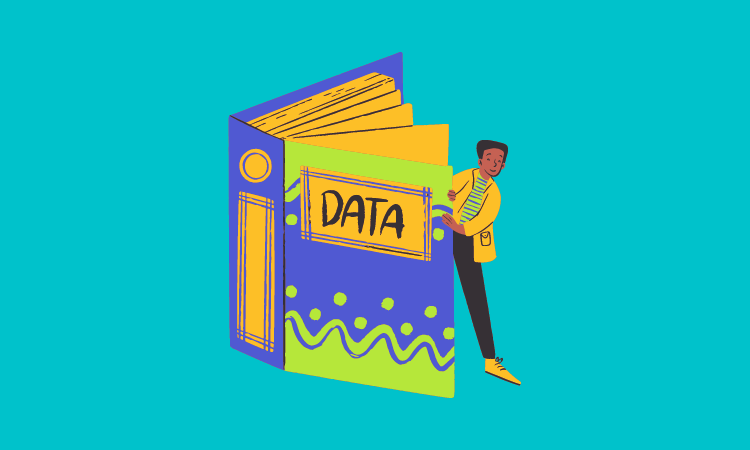Green Finance
The journey to net zero starts with data
- In the wake of greenwashing accusations, financial institutions are turning to data service providers for proactive strategies.
- Data service providers allow banks and financial institutions to assess and manage their carbon footprint using scientifically backed benchmarks.








